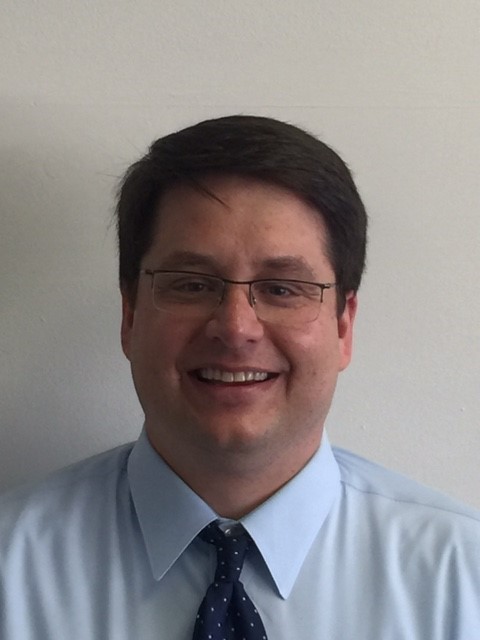September 15, 2021
 Double Up! Revaccination Strategies for HIV-infected Hepatitis B Vaccine Nonresponders
Double Up! Revaccination Strategies for HIV-infected Hepatitis B Vaccine NonrespondersBy Christopher J. Graber, MD, MPH, FIDSA
Lack of a fully protective antibody response to a standard hepatitis B vaccination series is common, especially among HIV-infected individuals. Many strategies have emerged to revaccinate nonresponders, but few have been rigorously evaluated.
The authors of a recent study in JAMA Network Open randomized 107 HIV-infected individuals in Chile who had hepatitis B surface antibody (anti-HBs) titers less than 10 IU/mL after an initial HBV vaccination regimen to receive either a high-dose regimen of 40 µg of the ENGERIX-B recombinant vaccine at 0, 1, and 2 months or a standard 20 µg dose at 0, 1, and 2 months and determined serologic response (anti-HBs > 10 IU/mL) 4 to 8 weeks after series completion. Those who achieved adequate serologic response also had titers measured 1 year after completing the final dose.
The majority of patients had stable HIV disease (98% were receiving antiretroviral therapy, mean CD4 count 418 cells/mm3, 86% with undetectable viral load); mean age was 47 years, and 76% were men. Mean time between the last dose of the initial vaccination series and the first dose of the intervention series was 4.5 months. Serologic response 4 to 8 weeks after series completion was significantly higher in the high-dose group (72% vs. 51%; odds ratio, 2.48 [95% confidence interval, 1.02-6.10; P = .03]) with significantly higher quantitative anti-HBs titers (398 vs. 159 IU/mL, P < .001). Among patients who completed 1-year follow-up, 80% of patients in the high-dose group had persistent serologic response as compared to 39% in the standard-dose group (P = .01).
The robust response seen with this rapid interval high-dose revaccination strategy is welcome news to providers who commonly encounter HBV vaccine nonresponse in HIV-infected patients.